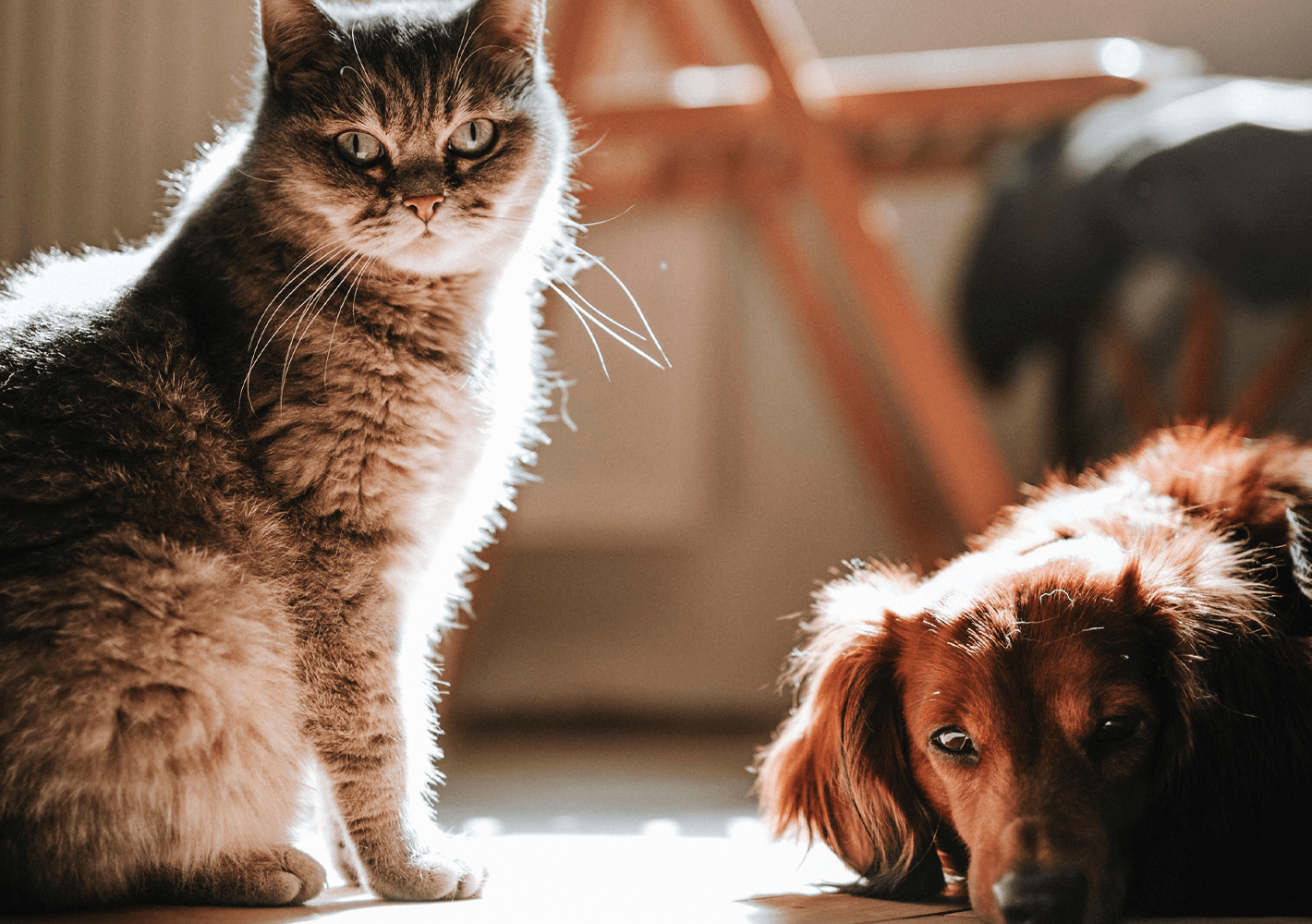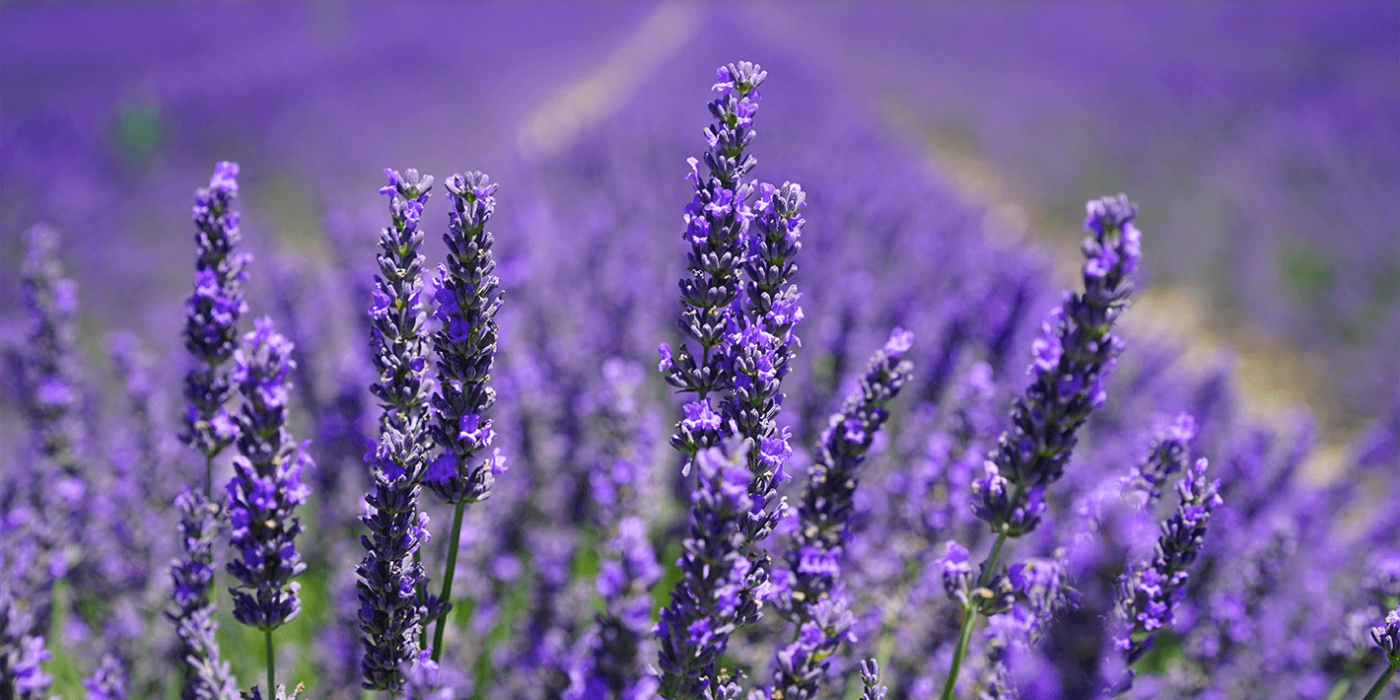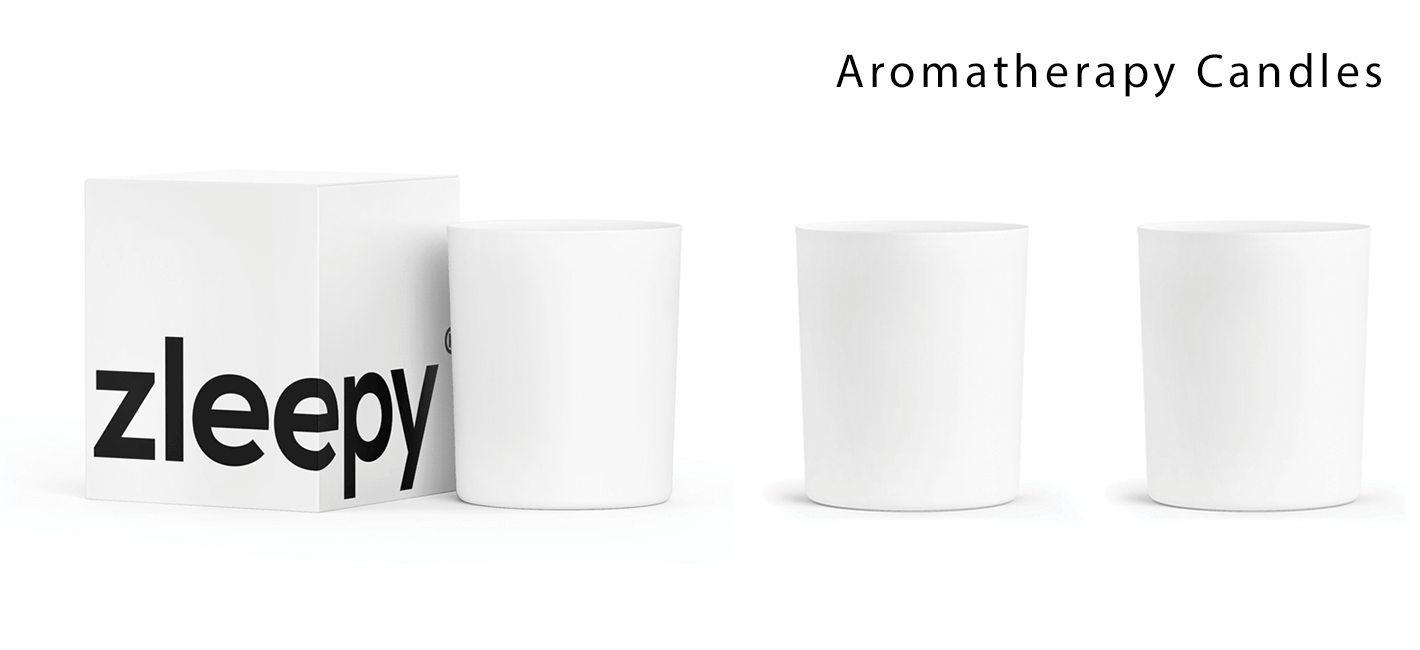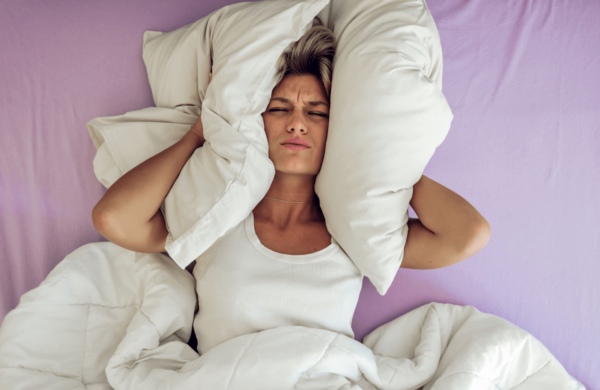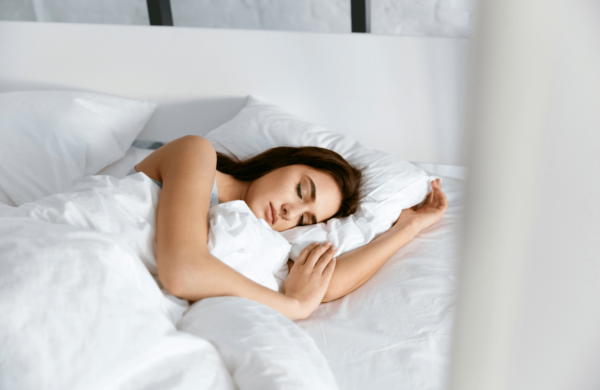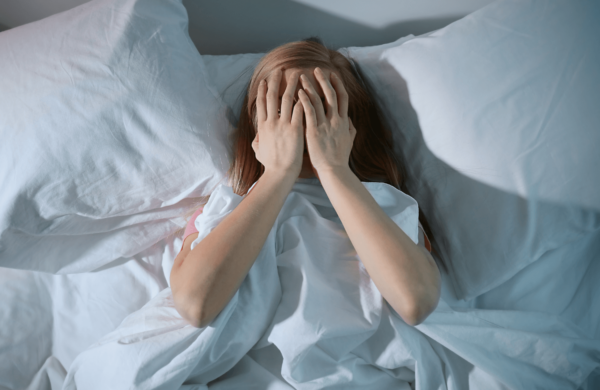How does lavender help you sleep?
The lavender plant is an amazing herb that has been used by humans for over 2500 years, for many different reasons. It has been used by the ancient Greeks for insomnia & by the ancient Egyptians to create relaxing massage oils & medicines.
What you’re wondering is; how does lavender help you sleep?
It is noted that lavender may have effects on the central nervous system of the body, which can aid with relaxation. This could be one of the reasons in which lavender may help with sleep.
There have been some studies relating to this topic, find out more information below on why lavender may help you sleep.
Where is lavender grown?
Lavender is native to the Mediterranean, as for its growth it needs lots of sun in abundance & a specific type of soil that drains quickly.
As of recent years, lavender is grown all around the world from places such as the Canary Islands, Cape Verde, Africa & Asia.
Lavender farms are some of the most beautiful places in the world, as the fields are populated with a sea of purple on a green landscape.
The process of growing the plant for its oil has been adopted worldwide, as lavender is now used by many of society for its versatile nature. Some of those benefits stated previously, note lavender may be beneficial for sleep, insomnia, relaxation & for anxiety.
Why does lavender help you sleep?
As suggested earlier, lavender has shown to have potential effects on insomnia & sleep as a whole. The effects of lavender on the central nervous system may come from its relationship with the GABA receptors, where it modulates the GABAergic neurotransmission.
In this study, lavender was noted to be an excellent remedy for insomnia as it was able to improve the mean sleep score of fifteen healthy students.
If you use lavender at the same time every night, you are able to get your body accustomed to relaxing after smelling the scent. This is defined as a sleep scent trigger. What this means is that when you smell the lavender at night time, you can train your brain to switch off and prepare for sleep.
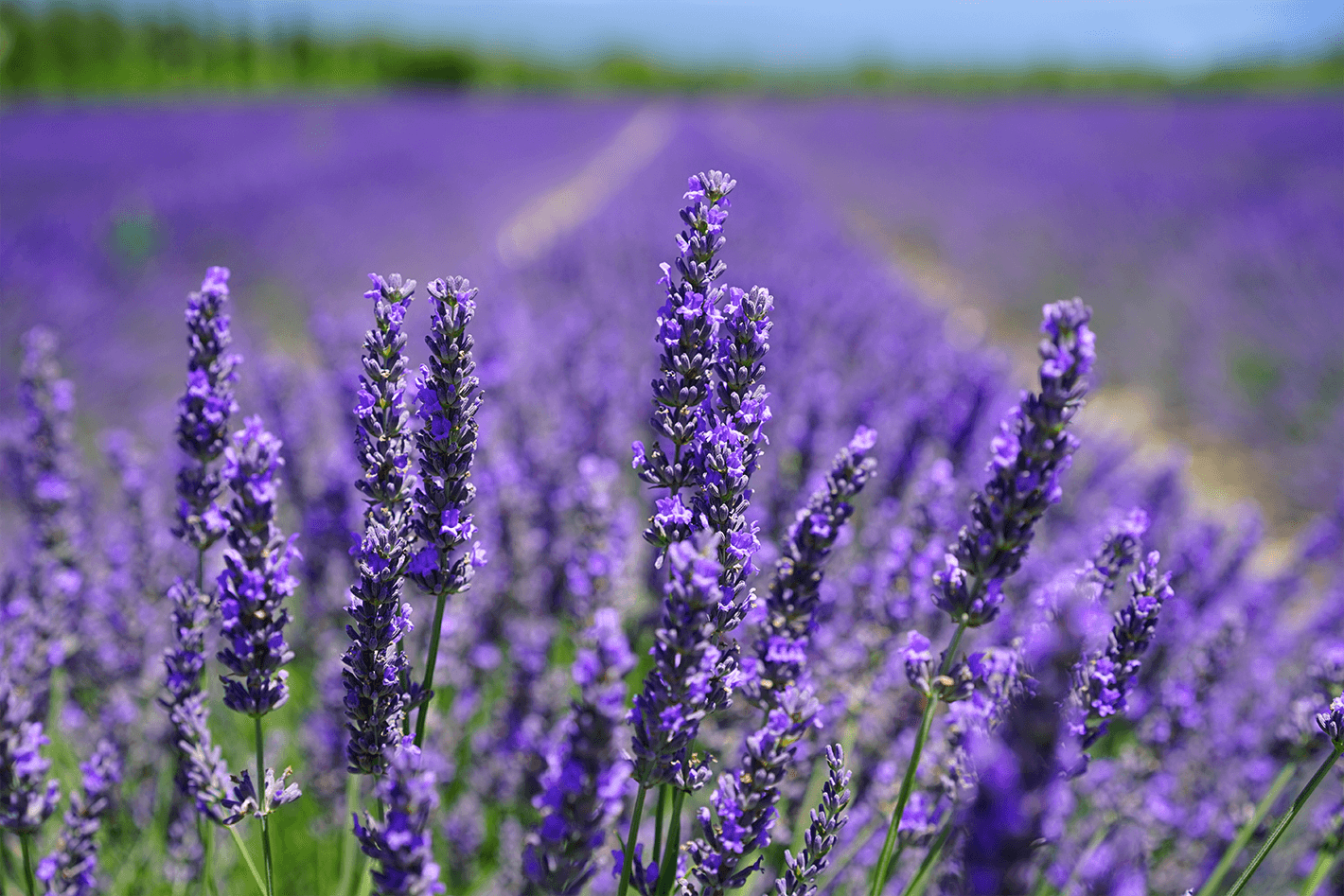
Over a longer period of time, it may be useful to use this technique every night in your sleep hygiene process, as a sleep scent trigger.
The brain is good at associating smells, so using this sleep training technique alongside a scent such as lavender (that already has relaxing capabilities), could prove to be a formidable trick to add to your sleep routine for improved sleep.
You can do this efficiently by using a lavender sleep spray or a essential oil spray. You can also use lavender epsom salt products for transdermal absorption as another method, for relaxation & improved sleep.
As well as using lavender as a sleep scent trigger, it is well known that the activation of the GABA receptors help promote sleep (as noted in this study), in which lavender can help activate.
When the GABA receptor is activated, it inhibits the central nervous system, which in turn has calming effects on the body, as it helps quieten nervous excitement within the brain. Sleep studies show that people who suffer with insomnia have GABA levels which can be up to 30% lower than those people who sleep restfully.
These effects on the GABA receptor are partly the reason in which lavender may help with anxiety within humans, which we will take a look into below.
Lavender for anxiety
The positive effects of lavender essential oils and anxiety have been shown due to its calming nature, because of the way it interacts the with central nervous system.
In one study, lavender was shown to have a calming affect without high sedation, while maintaining its tolerability in humans.
Due to the way lavender helps promote the GABA receptor activation (as noted above), this reaction can help reduce anxiety as the brain is sent into a calmed state, via its promotion of alpha brain waves.
Lavender is also noted to affect the human EEG pattern, which is the different types of sleep waves.
As someone goes to sleep into sleep stage 1, alpha waves are increased to induce sleep. By stage 3 the body goes into “slow wave sleep”. The lavender plant can promote the sleep waves ‘theta’ & ‘delta’, which help increase deep sleep.
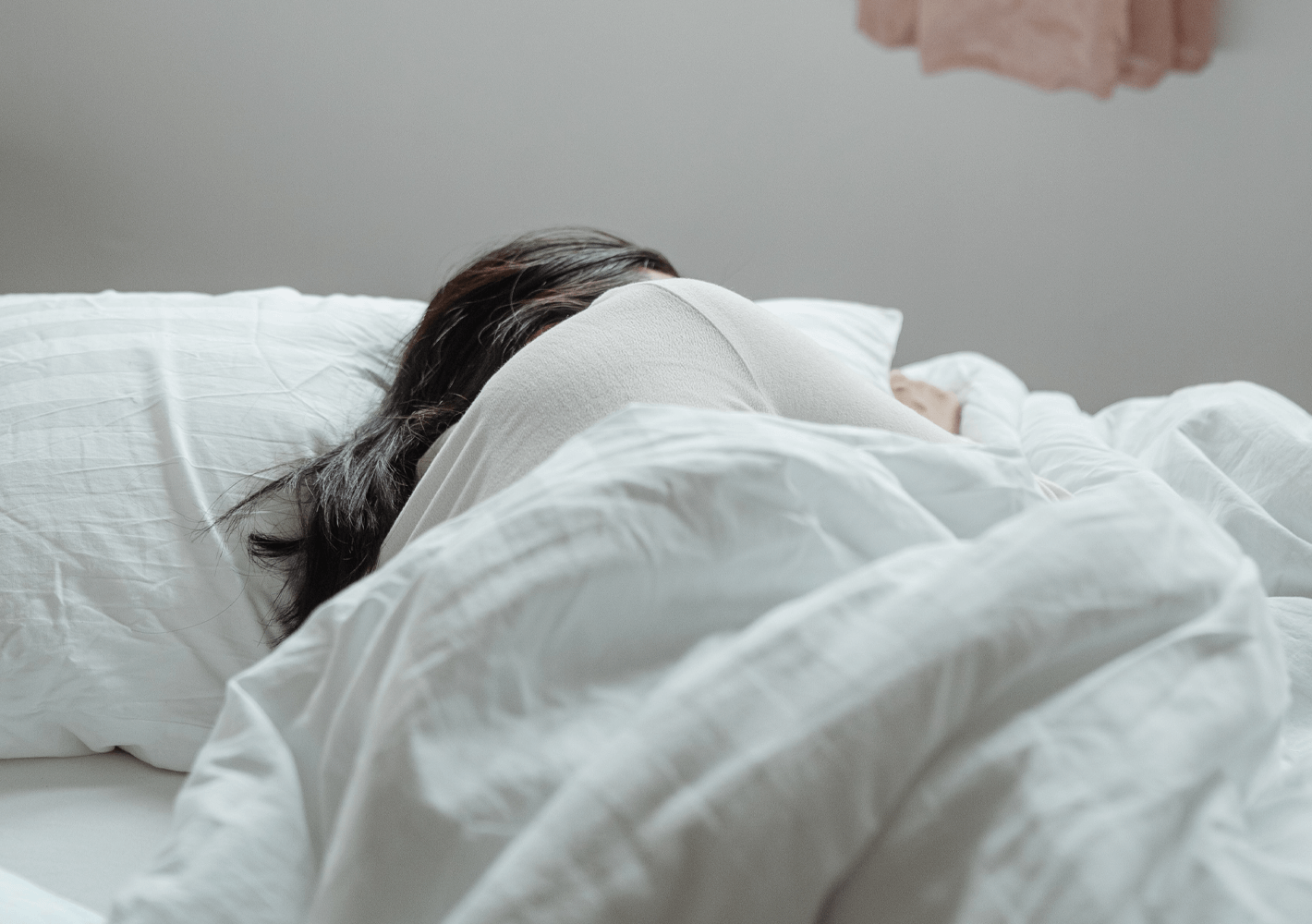
How to use lavender oil for sleep
Inhalation of lavender molecules can be achieved through several different mechanisms including diffusers, electronic oil diffusers & aromatherapy candles. Another way in which lavender can be absorbed is orally, this isn’t classed as aromatherapy.
In ancient times, lavender would be rubbed onto a pillow to help aid with sleep. In modern society, it is more common to rub lavender essential oils onto a pillowcase instead of using an actual plant.
There are also sleep patches & lavender sleep spray products that contain lavender & other essential oils, to help aid the sleep process, all from one bottle as an alternative to melatonin.


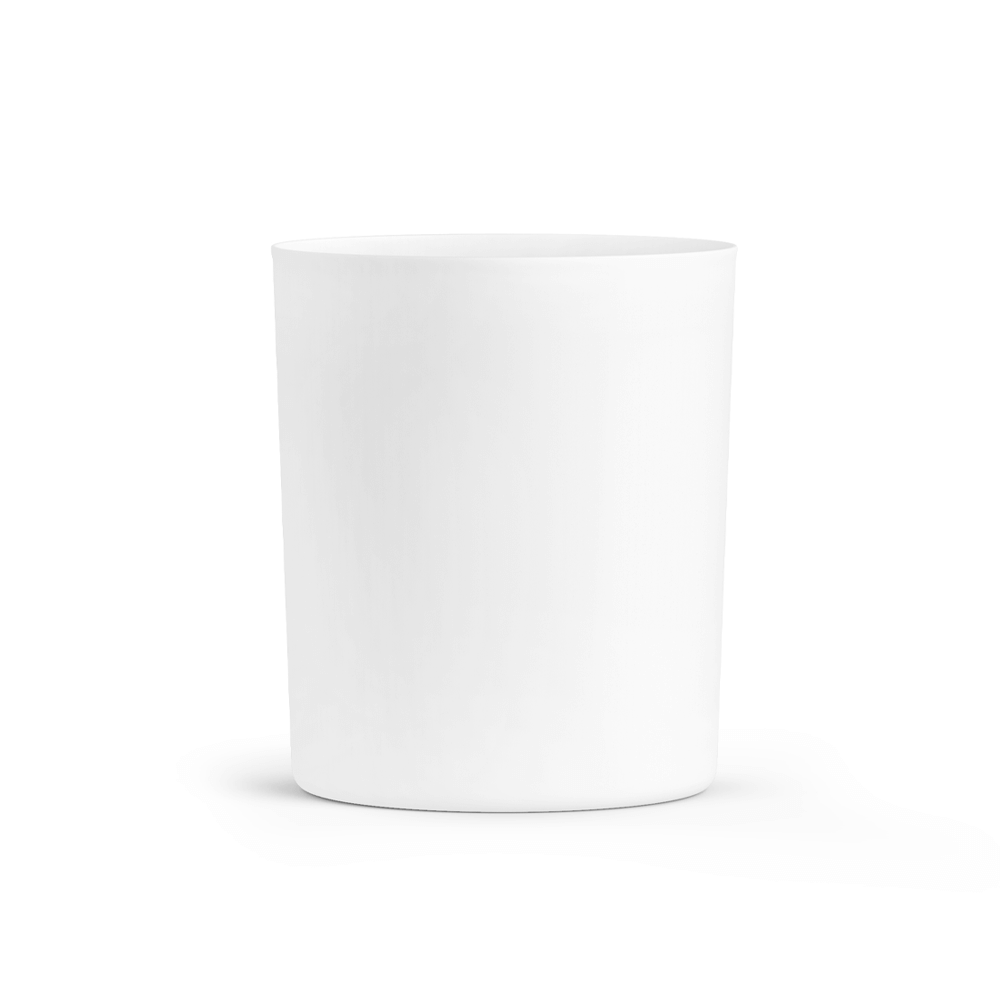



Lavender Scented Candles for sleep
If you’re looking into a lavender scented candle to help aid with sleep, it may be good to know how they can help promote sleep. When an aromatherapy candle is lit, the lavender essential oil molecules evaporate into the room in which they can be inhaled.
Aromatherapy candles are also great to add to your sleep routine if you use them as a light source. Bright artificial lights in the evening can reduce the body’s natural production of melatonin, which is the bodies sleep hormone.
The light from a candle is so minimal that if it is used in the evening while you relaxing while reading a book or meditate, it can help prime you for sleep.
Artificial light contains a higher rate of 460-480nm wavelengths which disrupt sleep. A candle flame contains less blue light from these wavelengths, making it a more suitable light source for sleep promotion instead of artificial light.
See our candle FAQ for more information on maintaining your candles.
What lavender is edible?
The best type of lavender that is used in cooking for medicinal purposes is Lavandula Angustifolia & more specifically Royal Velvet, Folgate & Melissa. These are better known for cooking, as they have a nicer taste that isn’t ‘soapy’ like other Lavandula plant species.
You can now find capsules of lavender on the market that are for oral consumption, to save you any hassle when creating your sleeping regiment.
Can you smoke lavender?
Although it is possible to smoke lavender in different forms i.e. vaping & with tobacco, but it is not yet deemed safe. There is no evidence that has been conducted scientifically in the safety of smoking lavender, to support any anecdotal benefit claims of smoking lavender.
When plant materials are burned, the combustion of the materials can be carcinogenic. That’s why it is noted to potentially be safer to evaporate the essential oil via a candle or diffuser method instead of burning it through a cigarette.
Can lavender oil be used on skin?
Lavender essential oils were used by ancient Egyptians in cosmetics & massage oils, as we move into modern society we have been able to advance the process of extracting the oil for skincare and cosmetics.
Yes, lavender can be used on the skin.
Lavender oil in its purest form can be used on the skin, but there are also moisturisers that contain lavender essential oil to help the body absorb the lavender more efficiently while keeping the skin soft.
You can often find lavender essential oils in massage oils, to help promote the body into a more relaxed state. It is a technique that is used by many spa’s across the world, to help people achieve a calmer & more enjoyable experience.
This is also partly to do with lavender’s potentially ability to reduce muscle stress & tension, if applied topically.
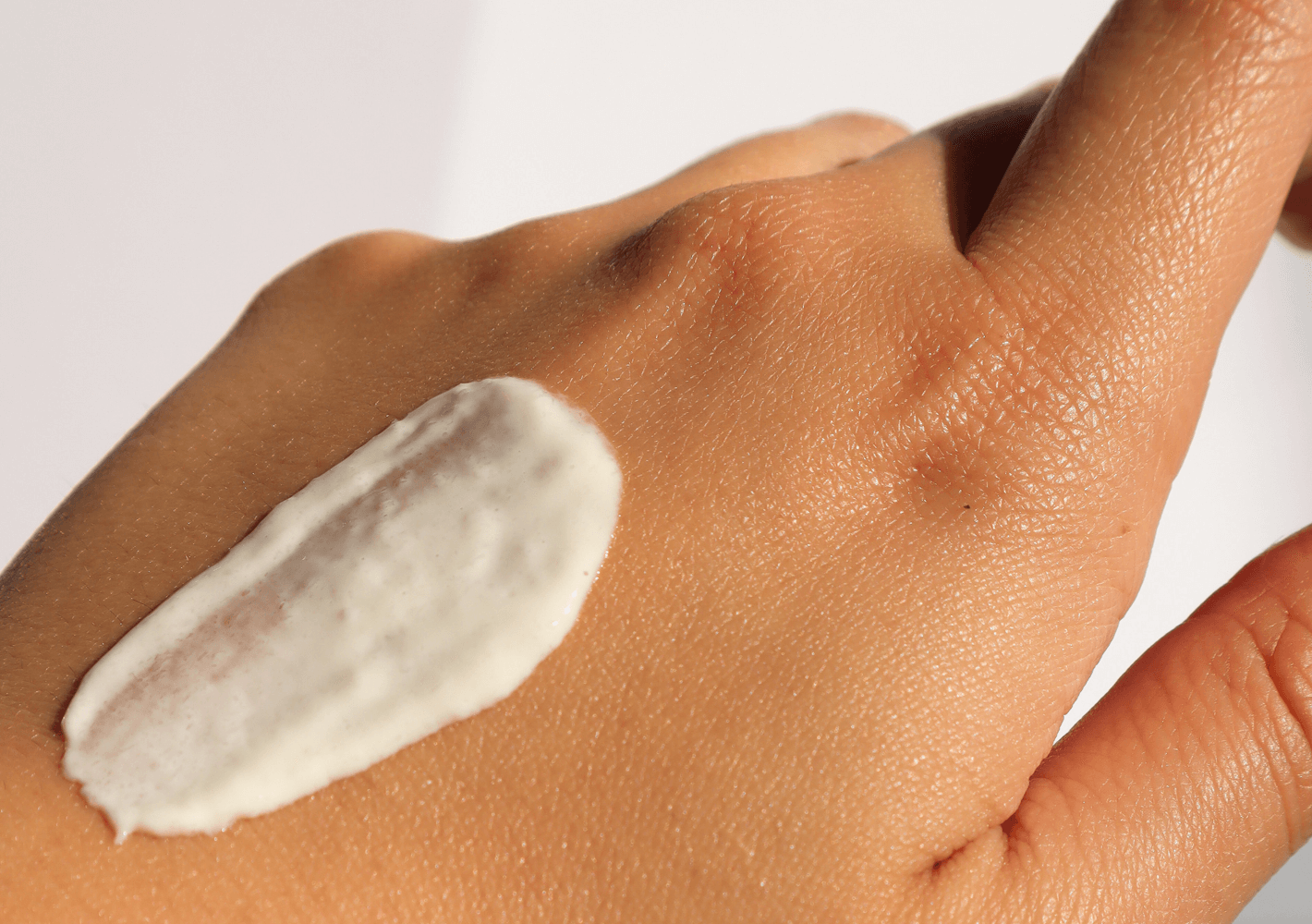
Is lavender safe for cats?
Lavender is not safe for cats in any form.
Symptoms of lavender consumption for cats can be vomiting, diarrhoea & weakness. It is important to keep lavender plants and essential oils away from your cat.
Although a cat is unlikely to try and seek out lavender as a potential food, you want to be careful when handling lavender essential oils around any cat food, in case of any cross contamination.
Is lavender safe for dogs?
Lavender is not safe for dogs in large quantities. Dogs are intolerant to compounds in lavender such as linalool, which can cause vomiting & diarrhoea. It is fine in really low doses, so it’s important to make sure your dog can never consume copious amounts of the substance.
